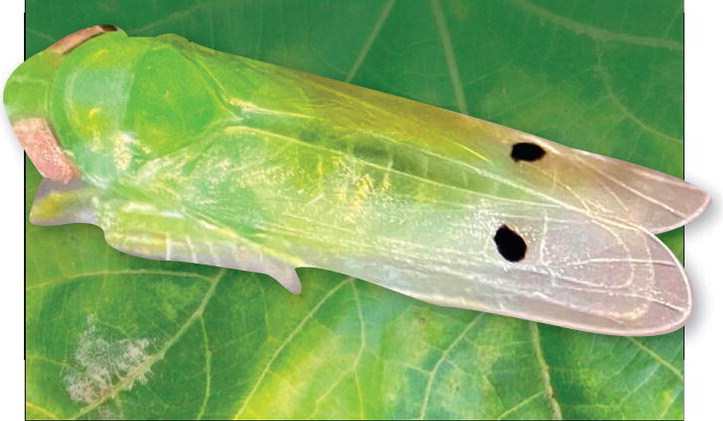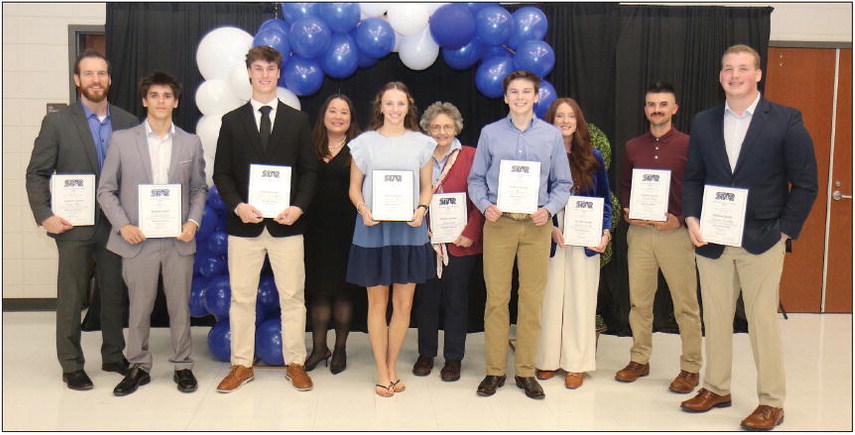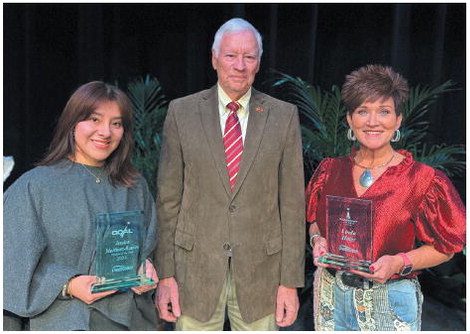Cotton Jassid Spreads Throughout Southeast


A new pest is threatening cotton crop yields both locally and throughout the southeast, as the cotton jassid continues to spread throughout the area.
The cotton jassid, also known as the two-spotted leafhopper, is a pest native to India, but has been found in Puerto Rico in recent years. The insect was first found in Georgia in Seminole County on July 9, as University of Georgia Agriculture and Natural resources Agent Justin Odom observed the bug in a field of okra plants. Researchers believe that the bug migrated from Puerto Rico to Florida dur- continued from page
ing hurricane and tropical storms throughout the past year, then traveled through the state into Georgia, and can now be found in most cotton-producing counties.
The insect is especially harmful to cotton plants, as it feeds by piercing leaves and injecting them with a toxin, which causes the plant tissue to yellow, curl, and die. The jassid’s feeding also disrupts photosynthesis within each plant, causing cotton bolls to struggle to produce to their full capacity.
Locally, Toombs County Extension Agent Jason Edenfield and Montgomery County Extension Agent Lauren Stanley stated that they each have found several cases of the pest within Toombs and Montgomery Counties, as the agents shared that they feel like most cotton fields within each county have encountered the insect.
Edenfield elaborated on the findings, as he shared that the jassid was first discovered in Toombs County in Early August, but has spread widely over the past week. “We’re constantly running tests on it,” he remarked. “We’ve found a few products [to spray] that are working for controlling the jassid, but we have to continue to work on scouting and management of the pest.”
The spread of the cotton jassid comes at a terrible time for cotton growers, as cotton is the top row crop for the state, but low prices and hurricane damage have caused immense struggle for these farmers. The jassid infestation could cause potential yield losses, lowering farmers’ profits even more, and are costing the farmer more financially because of the need for additional insecticide.
University of Georgia Cooperative Extension County Extension Coordinator Jeremy Kichler has a background in cotton agronomy, and commented on the situation. “Cotton growers are already struggling,” he said. “And when you add the cost of extra insecticide applications for managing jassids, the economics get even tougher.”
He reassured growers that the issue is being researched, and specialists hope to have a solution to the issue soon. “This is a steadily evolving situation, and we’re learning something new about it every day,” he said. “But we’re on it and working to find the best solutions for our growers.”
Local Extension Agents Stanley and Edenfield ask that if anyone sees the insect or suspects an area to be infested with the bug, they should call the Montgomery County Extension Office at (912) 583-2240, or the Toombs County Extension Office at (912) 526-3101.





